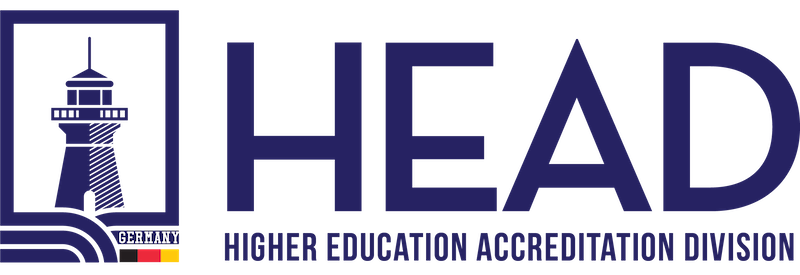The Importance of Documented Information in Supporting Process Operations

Introduction
In today’s fast-paced and complex educational landscape, proper documentation plays a crucial role in supporting the smooth operation of processes within educational organizations. Documented information serves as a vital resource for ensuring consistency, compliance, and effective decision-making. In this article, we will explore the significance of maintaining documented information to support the operation of processes within educational organizations and discuss its key benefits.
The Role of Documented Information
Documented information refers to records, documents, policies, procedures, and other forms of written or electronic content that provide guidance, evidence, and instructions related to organizational processes. Here are some reasons why maintaining documented information is essential:
- Consistency and Standardization: Documented information establishes a consistent framework for executing processes within an educational organization. It ensures that tasks and activities are performed in a standardized manner, reducing errors, variability, and confusion among staff members.
- Knowledge Transfer and Succession Planning: Well-documented processes capture the knowledge and expertise of staff members. When documented information is properly maintained, it becomes an invaluable resource for training new employees, facilitating smooth transitions during staff changes, and preserving institutional knowledge.
- Compliance and Accreditation: Educational organizations often need to comply with various regulations, accreditation standards, and quality assurance frameworks. Documented information provides evidence of compliance, facilitating audits, inspections, and accreditation processes.
- Continuous Improvement: Documented information serves as a foundation for analyzing processes and identifying areas for improvement. By reviewing documented procedures, organizations can evaluate the effectiveness of their processes, identify bottlenecks, and implement necessary changes to enhance efficiency.
Benefits of Maintaining Documented Information
- Operational Efficiency: Documented information provides clear instructions, guidelines, and best practices for carrying out tasks. Staff members can refer to these documents, ensuring consistent and efficient execution of processes, reducing errors, and minimizing delays.
- Effective Decision-Making: Access to accurate and up-to-date documented information enables informed decision-making. Managers and leaders can analyze data, review documented processes, and assess performance metrics to make strategic decisions that drive organizational success.
- Risk Management: Maintaining documented information supports effective risk management within educational organizations. By documenting processes, organizations can identify potential risks, implement appropriate controls, and establish contingency plans to mitigate adverse events.
- Stakeholder Communication: Documented information serves as a valuable communication tool with stakeholders such as parents, students, regulatory bodies, and funding agencies. By sharing relevant information, educational organizations can foster transparency, build trust, and demonstrate accountability.
- Continuous Learning and Development: Documented information facilitates ongoing learning and professional development. Staff members can access resources, guidelines, and training materials to enhance their knowledge and skills, contributing to individual growth and organizational effectiveness.
Conclusion
Maintaining documented information is crucial for educational organizations to support the operation of their processes effectively. It ensures consistency, compliance, and standardization while enabling efficient decision-making, risk management, and stakeholder communication. By investing in robust documentation practices, educational organizations can streamline operations, foster a culture of continuous improvement, and enhance their overall performance. Embracing the value of documented information empowers educational organizations to navigate the challenges of the education landscape while ensuring the delivery of high-quality education and services.
Source: HEAD – Higher Education Accreditation Division
Would you like to speak to one of our Higher Education Accreditation Expert? Just submit your details and we’ll be in touch shortly. You can also email us if you would prefer.

